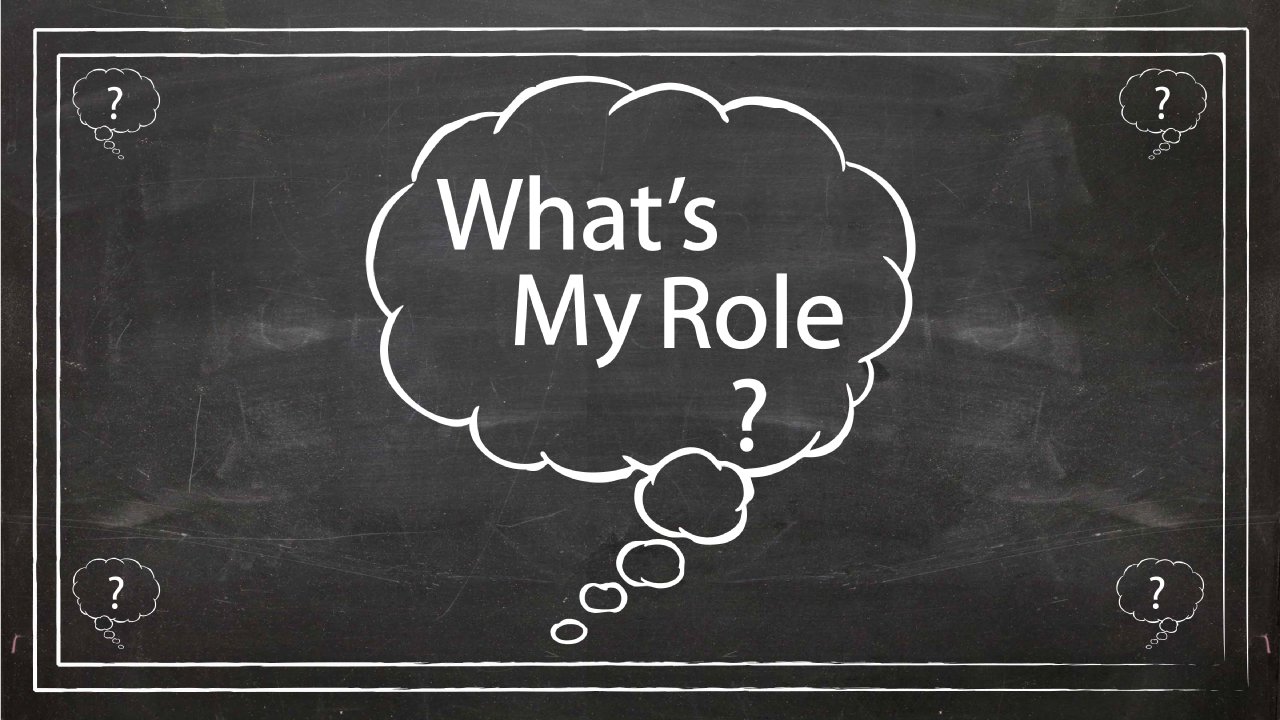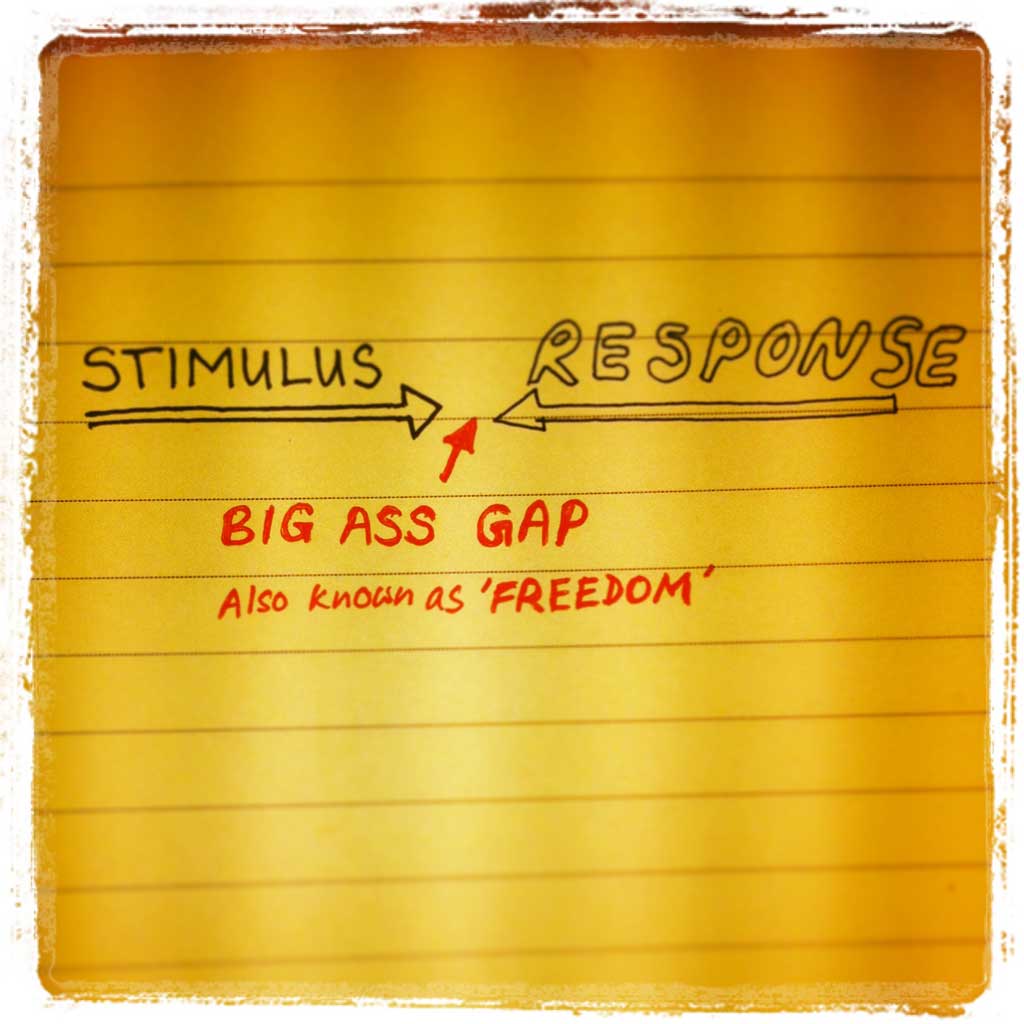Psychology
That which drives all behavior, therefore worthy of in-depth study… Where commYOUnication skills and psychology collide (Communichology). Distinctions, insights, & strategies to improve your communications and interactions.
Also, the analysis of the social psychological principles of persuasion, influence, and communication affecting all forms of marketing. Topics on the art and science of influencing others and inducing beliefs and behaviors. Presenting social strategies to best navigate and participate in the inevitable manipulation and politics present in most social situations.

